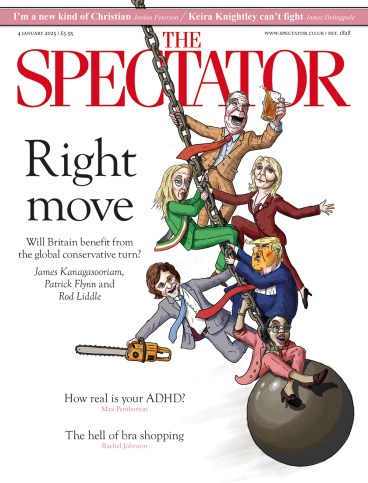
At the beginning of the spring term of my second year at university, a French boy called Xavier looked up from where he was sitting, on the floor of my friend’s flat, and announced that his new year’s resolution was to give up fantasising. Xav was deep in unrequited love with my friend so we assumed at first that he was simply through with pining, but that was not quite what he meant. He wasn’t taking a break from romantic fantasies, Xav said, so much as all the pointless wallowing in imaginary scenarios in which he came out top. Wishful thinking, you might call it. He was spending too much time doing it and he would from now on resist the temptation.
The maladaptive daydreamers I have snooped on have suffered from compulsive social media use
Back then Xav’s resolution struck me as extremely interesting and impressive. I hadn’t realised that a person could or should summon the gumption to control their own minds. I tended to follow mine down every mental alley. I was partial to fantasies in which I became a famous musician or perhaps a painter. They were delusional but, as I remember it, the pull of those fantasies was surprisingly strong, like the tug of a tidal current. It gives me a glimpse of what it might be like to suffer from maladaptive daydreaming.
The term maladaptive daydreaming (MDD) was cooked up only a few years ago by Eli Somer, a clinical psychologist at the University of Haifa, but the problem seems to have been growing slowly since the turn of the century. It’s a decent bet that MDD will spread during 2025 and that by the year’s end we’ll be discussing it as the new calamitous mind virus, which is why I bring you this early warning.

Magazine articles are subscriber-only. Keep reading for just £1 a month
SUBSCRIBE TODAY- Free delivery of the magazine
- Unlimited website and app access
- Subscriber-only newsletters









Comments
Join the debate for just $5 for 3 months
Be part of the conversation with other Spectator readers by getting your first three months for $5.
UNLOCK ACCESS Just $5 for 3 monthsAlready a subscriber? Log in